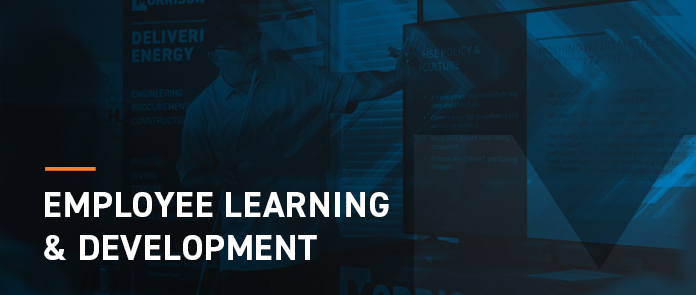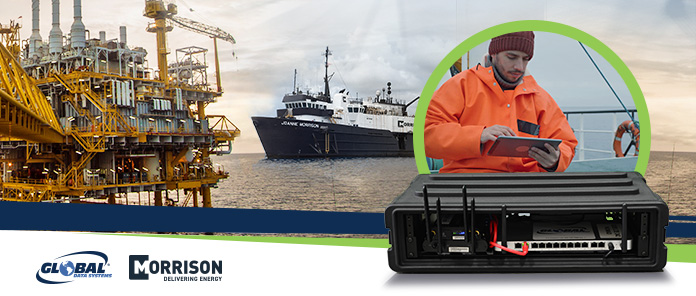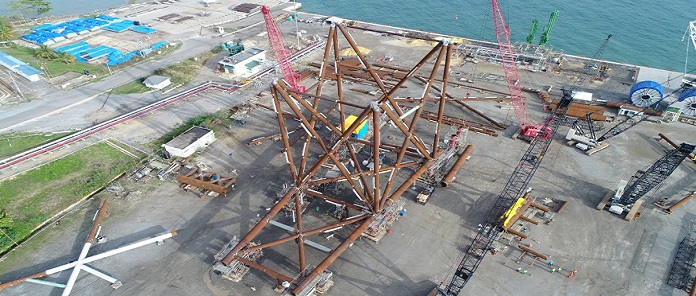 July 18, 2016
July 18, 2016
Choosing a Marine Construction Contractor in a Down Economy: What You Need to Know
When the going gets tough, the tough … find cost efficiencies. Some marine construction contractors are facing so much pressure to reduce costs and preserve share value that they resort to slashing safety, maintenance, personnel, insurance and other “expenses” until the work picks back up. This is a dangerous approach that puts you, the customer, at risk.
Protect yourself from these low-price, low-quality contractors by asking the right questions:
How stable is this contractor? Are they private or publicly owned?
Private, financially sound companies have more flexibility and can be less reactive to short-term declines. They generally have more efficient decision-making skills and a vested interest in building for the future. When contractors are bought by investment groups, they are under tremendous pressure to deliver on short-term cost considerations alone. Look for a private company with an established culture of delivering solutions for its customers.
Who is driving the organization and what kind of leadership does the contractor have?
Experience matters, so look for a marine construction company with a stable, experienced, respected team of leaders. Their ability to attract and retain top talent will tell you a great deal about their reputation and track-record in the industry. Experienced, long-tenured leadership is also a sign that the contractor can be relied upon to meet its commitments.
How solid are their vendor relationships?
Companies that pay invoices on time and actively maintain relationships with their vendors have more stable resources and are more reliable. On the other hand, those that are delinquent with payments are more likely to expose their customers to liens and litigation.
How well does the contractor respond to changes in the market? Can it deliver continuously?
When a business isn’t built for the long-term, it sacrifices flexibility and reliability for the needs of today. But what happens if conditions change? Can your marine contractor adjust and respond to keep the project moving forward? Reputations are built over months and years, not weeks. Choose a partner you can trust to handle the unexpected.
What is the employee development strategy and how successful are they at hiring and retaining top talent?
Training personnel is costly, but good companies recognize it’s a smart investment. Ask about the kind of training and development they are providing to their workers. Do they have a plan in place to ensure success? What are the results? Are they performing only the minimum regulatory training or do they expand the training further? Companies that look for opportunities to cross-train and shift their people to other projects enjoy the benefits of an experienced, capable workforce that delivers higher quality work.
How are they managing the maintenance of their assets?
You’ll want to ensure your marine construction contractor is not neglecting proper resource management and maintenance – leaving your project vulnerable to costly equipment breakdowns and project delays. When their equipment isn’t in use, where is it? Is it properly maintained, monitored and inspected? Is it insured even when idle for an extended period of time? Is the company proactive in maintaining and updating offshore vessel inspections? Failing to conduct proper preventive maintenance of equipment can lead to unforeseen delays, unknown risks and other problems for customers.
What is the character and culture of the organization? Are they stewards of the industry?
Look for a contractor that is consistently involved in working to proactively improve at every level. Do they participate in industry forums or working groups? Are they leaders in advancing safety and higher standards? Or do they seem to disappear when the work is slow? Partnering with a marine contractor who is actively involved will also ensure they are knowledgeable about the latest regulatory requirements.
How serious are they about safety and quality? What is their vision, strategy and results in this area?
Examine their HSEQ results closely. Do they have a solid strategy in place to deliver excellence? Are their systems effective and proven? Who is responsible for leading that effort? Is the contractor doing the bare minimum required or more? The best companies don’t just check boxes, they demonstrate a total commitment to quality and safety in everything they do.





